Dissemination of cancer cells
Oncolytic viruses (OV) are viruses that specifically replicate in cancer cells and thereby destroy cancer tissues but do not harm normal cells. Many OVs exert their anti-tumor effect not only by directly lysing the cancer cells, but also by stimulating the anti-cancer immune response as a consequence of cell lysis and release tumor specific antigens. This "vaccine effect" is enhanced by local inflammation induced by oncolytic virus replication, which also supports the destruction of tumor stroma including tumor vasculature. In this way, OVs are able to lead to cancer regression or even to cure patients in whom standard therapies have failed. Due to this triple mode of action (cell lysis, systemic anti-cancer immune response, local inflammation) and the fact that OV-therapy can be combined with standard therapies (e.g., chemo-/immunotherapy or irradiation), OVs are exciting and highly promising new anticancer agents. By the cultivation of single tumor cells and tumor tissue in 3D-Models (Organoids) it is possible to mimic the response of solid tumors to oncolytic agents. Hallmark parameters such as efficiencies of virotherapeutic infections, kinetics of intratumoral viral replication and immune-mediated oncolysis can be determined in vitro. This will not only help to test and further engineer new generations of virotherapeutic vectors, but also to predict their efficacies in a highly personalized context.
List of GRT projects
To establish patient derived tumor models for the prediction of oncolytic efficacy of oncolytic viruses (OV) in close cooperation with the AG Virotherapy of Tuebingen University
GRT expertise
Oncolytic virotherapie (in cooperation with the AG Virotherapy of Tuebingen University)
Main GRT methods applied in the lab
Isolation of single tumor cells from various compartments (blood, bone marrow, effusions) and to design patient derived 3D-Models


